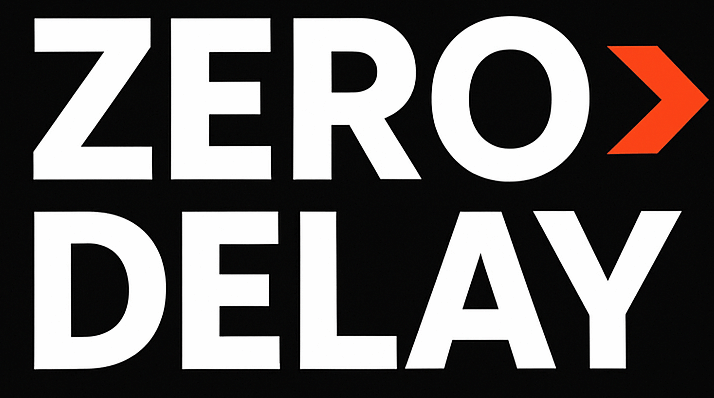For generations, owning a home has been seen as the ultimate financial goal—an asset that builds wealth and provides stability. Many consider buying a house a smart investment, believing that monthly mortgage payments eventually lead to ownership and security. However, this perspective doesn’t always hold up under closer scrutiny. There are several reasons why buying a house may not be the best financial decision for everyone, especially when considering the full picture of costs, flexibility, and long-term financial health. In this article, we’ll explore why rethinking homeownership can sometimes lead to smarter financial choices.
Rethinking Homeownership: When Buying Might Not Be the Best Choice
Many people approach homeownership with the assumption that it’s always a good investment, but this isn’t necessarily true. Property values can fluctuate, and the real estate market isn’t always favorable. Sometimes, homeowners end up paying more over time in interest, property taxes, and maintenance costs than they would have spent renting a comparable property. Furthermore, buying ties up significant capital that could be better invested elsewhere, especially in diversified assets like stocks or bonds, which historically offer higher returns.
Additionally, homeownership often comes with responsibilities that renters don’t face, such as repairs, renovations, and ongoing maintenance costs. These expenses can add up quickly and turn out to be unexpected financial burdens. If a homeowner needs to sell quickly due to job relocation or personal circumstances, they might face the risk of losing money if the property market dips. Therefore, the idea that buying a house is always a solid financial move ignores the potential risks and the opportunity costs involved.
Lastly, the traditional belief that buying a house automatically builds wealth overlooks the flexibility that renting offers. Renting allows for easier mobility, enabling individuals to move for better job opportunities or personal reasons without the hassle and financial loss associated with selling a property. For many, this flexibility can be more valuable than the perceived long-term gains of homeownership, especially when the housing market isn’t predictable.
The Hidden Costs of Buying a House vs. the Flexibility of Renting
While buying a home might seem like a way to build equity, the hidden costs often outweigh the perceived benefits. Maintenance fees, property taxes, homeowners’ association fees, and insurance premiums can significantly increase the total cost of homeownership. These ongoing expenses are often underestimated by first-time buyers, who may assume mortgage payments are the main financial commitment. In reality, the cumulative costs over years can drain a homeowner’s finances, sometimes exceeding the initial investment.
Renting, on the other hand, offers greater financial flexibility and predictability. Monthly rent is a fixed expense, and tenants aren’t responsible for most maintenance or property-related costs. This allows renters to allocate their savings more effectively, investing in assets that might generate higher returns or simply maintaining a more liquid financial position. For people with uncertain income or those who value mobility, renting provides peace of mind without the long-term financial risks associated with property ownership.
Moreover, the opportunity to invest the difference between rent and a mortgage payment can lead to better financial outcomes over time. Instead of tying up money in a house that may not appreciate as expected, renters can put their extra cash into diversified investment portfolios. This can potentially accelerate wealth accumulation and provide more financial security. Ultimately, the affordability, flexibility, and lower risk of renting make it an attractive alternative—especially for those who prioritize financial agility over traditional notions of stability.
While owning a home remains a cherished goal for many, it’s essential to consider whether it truly aligns with your financial situation and life goals. The hidden costs and risks associated with buying a house can outweigh the benefits for some individuals, especially when compared to the flexibility and lower expenses of renting. Rather than blindly following societal expectations, reevaluating what homeownership means for your personal finances can lead to smarter, more informed decisions. Whether you choose to rent or buy, the key is understanding the full scope of costs and opportunities—and making choices that support your long-term financial well-being.








